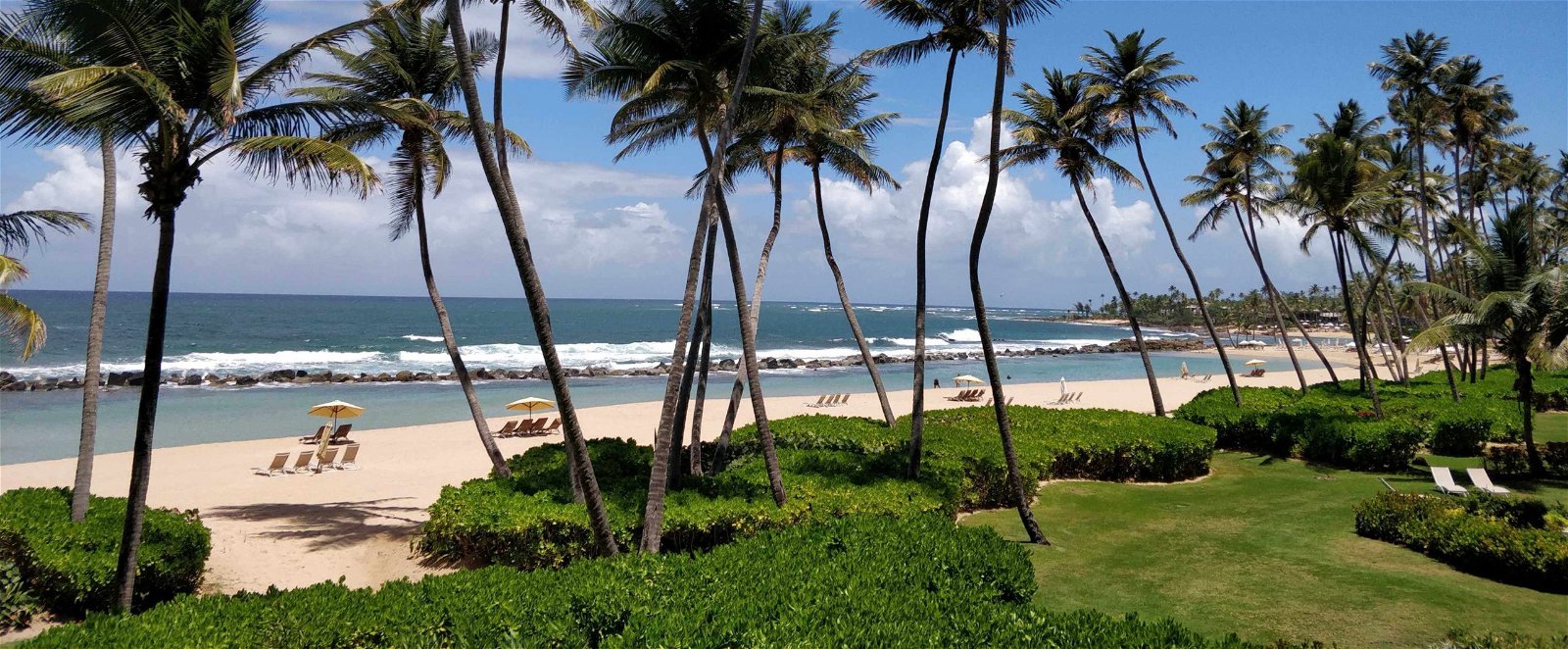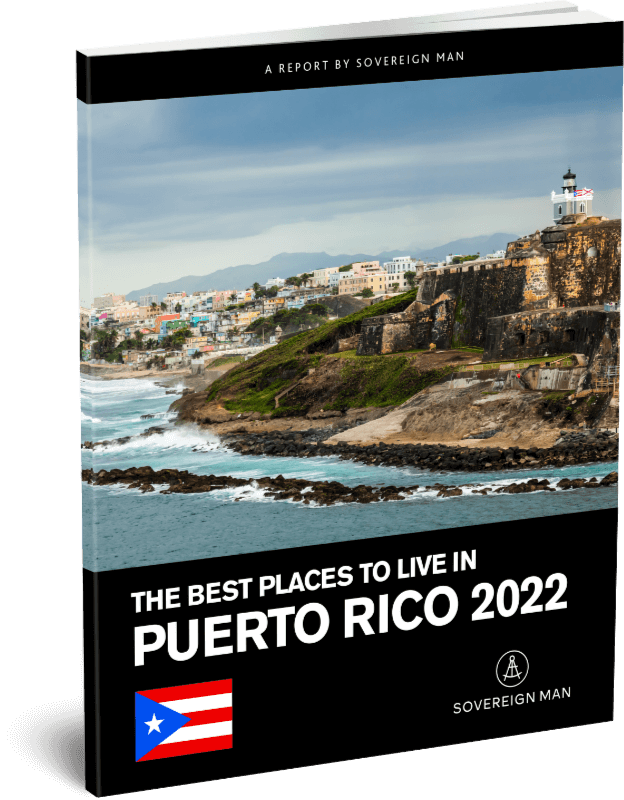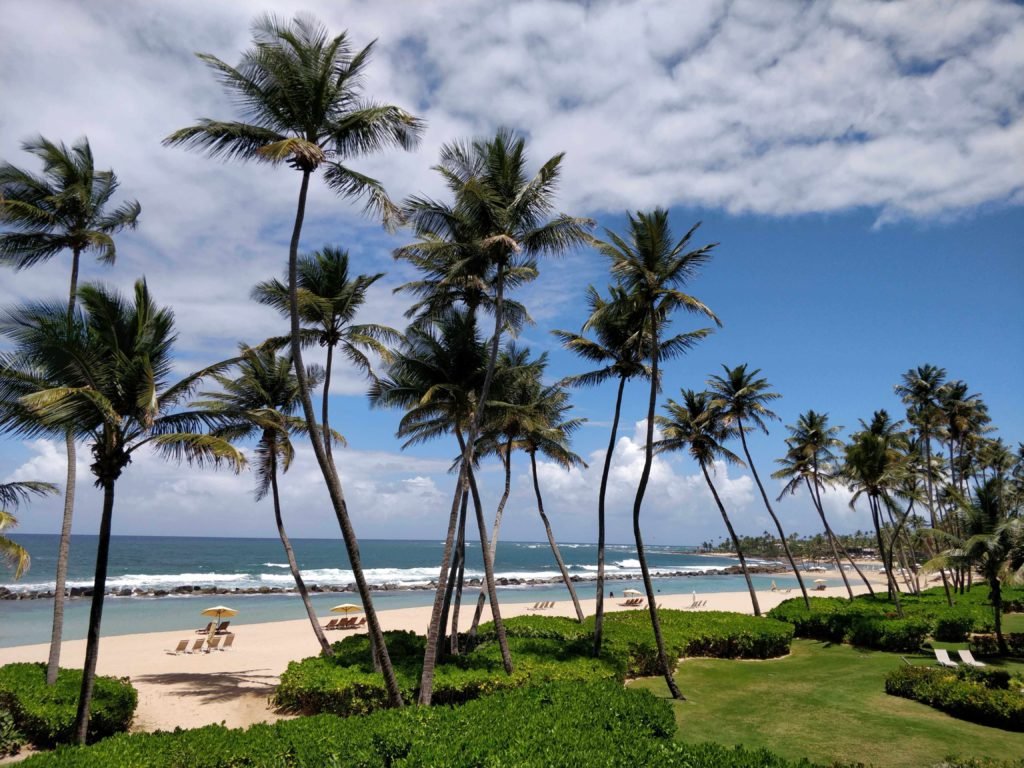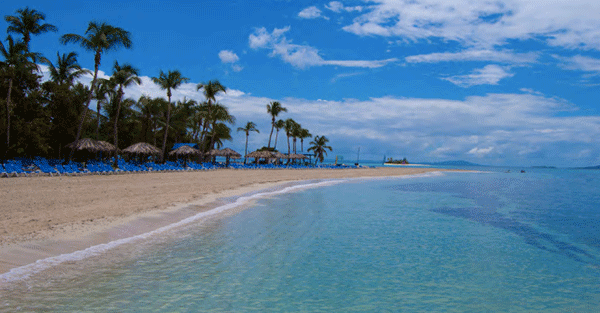The first is Puerto Rico’s Act 20, known as the Export Services Act, available to citizens of any country.
It allows you to slash your corporate tax rate to only 4%.
Dividends paid to you personally from your Act 20 company also won’t be taxed AT ALL— but only as long as you are a bona fide resident of Puerto Rico.
The Export Services Act is interesting, because of its extremely broad legislation. Here’s the idea behind it…
You incorporate a business in Puerto Rico that’s providing a service. And that service is being sold to people outside of Puerto Rico.
Your service could be research and development, advertising, any kind of consulting, project management, accounting, legal services, information technology services, telemedicine, and much more.
Regardless of your particular specialty, your businesses’ service – provided to clients anywhere in the world – is considered “qualifying activity” under Act 20. So, your business is eligible for a special corporate tax rate of just 4%.
The key to obtaining this 4% corporate tax rate is that you’re providing a service or services exported outside of Puerto Rico.
A clinic providing healthcare services to only Puerto Rican residents wouldn’t qualify. But if you’re providing telemedicine consultations to patients in the mainland US, Europe, or Asia, then your business meets the “qualifying activity” criteria.
Even if your primary business doesn’t fit within the “services” space, there’s a way to qualify for the 4% corporate tax rate.
I know people here, for example, who sell products online through Fulfillment by Amazon (FBA), where Amazon’s customer service centers pack and ship their inventory.
Since marketing is a service, they set up a Puerto Rico Act 20 company to provide that marketing service. Their Puerto Rican Act 20 company exports its marketing services to their FBA business.
The marketing company in Puerto Rico only pays a 4% corporate tax rate, and their FBA business can write off these marketing expenses.
Other people I know have a manufacturing business incorporated overseas, and they also use these Act 20 companies to reduce their taxes.
Some of them use their Act 20 company to provide management services in Puerto Rico, or ‘shared services’ like payroll, accounting, etc. to their manufacturing business overseas.
These management and shared service fees are completely legitimate services to provide.
And the setup is similar to the previous marketing services example. The Puerto Rican management company pays a 4% corporate tax, and the manufacturing business writes off the management expenses.
And remember, if you follow the proper rules, your Puerto Rican company won’t pay any US tax. So instead of a 21% corporate tax in the mainland US, plus another 20% dividend tax, all you’ll be paying in Puerto Rico is a measly 4% corporate tax. And zero in dividend tax.
This is an absolutely incredible deal.




